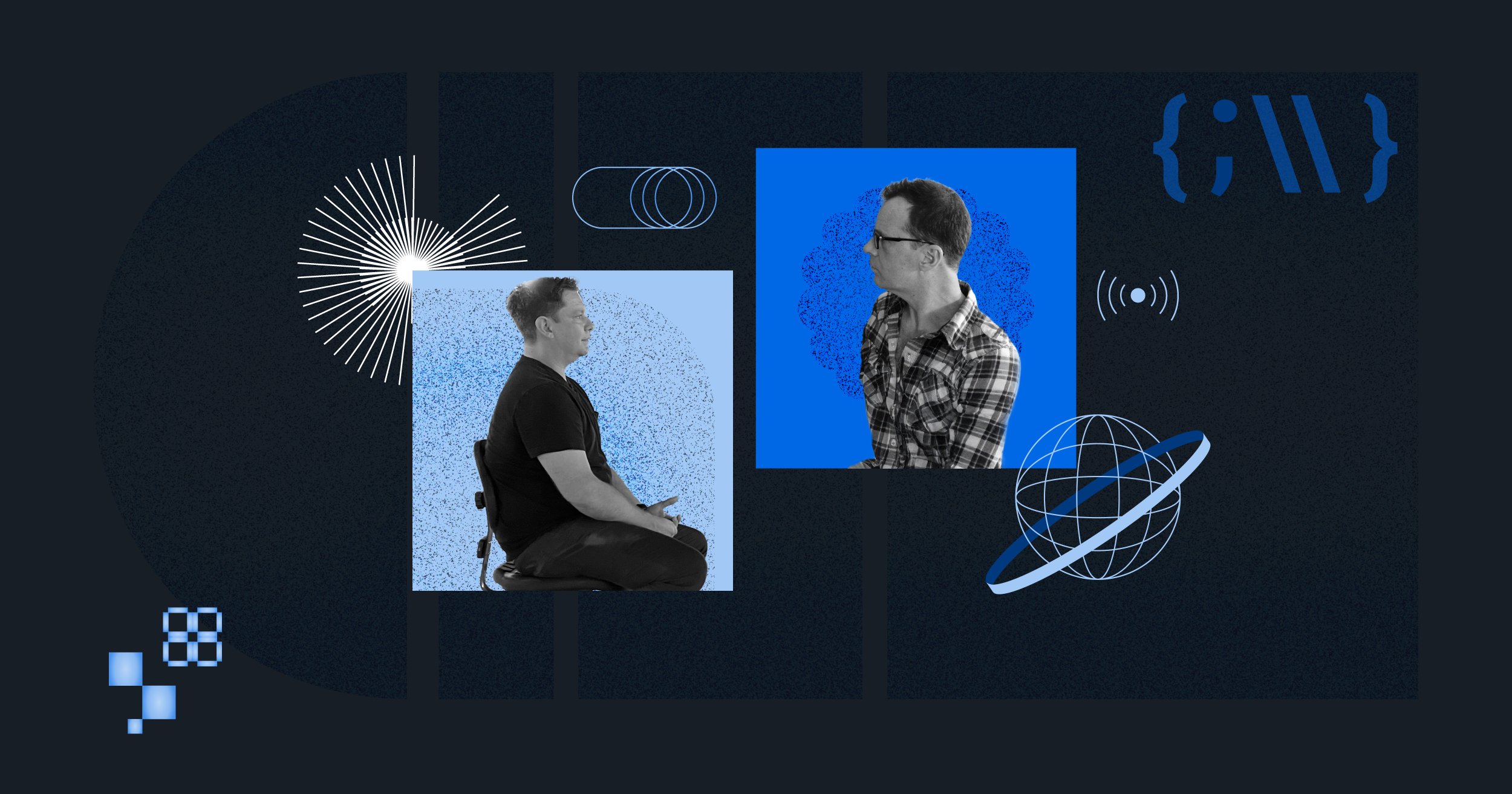
December 4, 2025
December 4, 2025

Reading time
July 10, 2024
September 16, 2020

Editor’s note: This interview is part of Mission North’s “Marketing Risks Worth Taking” series, an ongoing forum with marketing leaders who are sharing their perspectives about adapting to a new reality.
Before becoming a go-to startups advisor and a University of San Francisco lecturer, Jamie Barnett led marketing teams at tech companies like Netskope, AppZen, McAfee, and Citrix. What she learned from 2008 up until late last year in those roles adds up to a wealth of knowledge that B2B marketers can draw from.
We were grateful to chat with Jamie for the 11th edition of Dispatch’s ongoing conversational series, which features the sharpest minds in the marketing game. The Monty Python devotee didn’t disappoint. Our Q&A has been edited for length.
Folks who are navigating this moment right have two things in common: empathy and authenticity.
First, Black Lives Matter. Companies that are on the right track aren’t approaching this as companies but as people. If they consider it “pivoting their narrative,” they’re missing the point in a big way. If they’re doing well — as well as you can when you’re talking about massive, systemic injustice and searing indignity to Black people across virtually every aspect of our society — it’s because the spring didn’t catch them at a standing start. They were already aware of the problem and working to understand and correct it well before the world woke up. They have been listening sincerely and fully to the people of color in their world and making meaningful investments to bring about real change.
This doesn’t mean they shouldn’t do a brand audit from a diversity and inclusion lens. You’d be surprised at how many B2B companies — think networking and cybersecurity — look and sound decades old. A messaging refresh isn’t hard; linking it to deliberate action is. But if you want to move in the right direction, ya gotta do both.
If they consider it “pivoting their narrative,” they’re missing the point in a big way. If they’re doing well — as well as you can when you’re talking about massive, systemic injustice and searing indignity to Black people across virtually every aspect of our society — it’s because the spring didn’t catch them at a standing start.
When it comes to re-messaging for a COVID world, yet again empathy and authenticity are the needle-movers. I’ve seen more “in-these-challenging-times-buy-my-stuff” messages than I can shake a stick at. Terrible! The best examples approach customers where they are really and try to add value and earn trust vs. do a hard sell. This means offering useful tools, providing educational content with no agenda, and taking the time to assist customers who may be struggling because they themselves are trying to do more with less.
The team at TripActions made things happen, and fast. Once it was clear shelter-in-place was happening, the travel tech company re-swizzled its entire website in a weekend. They went from selling to serving, opting for advice on controlling costs and protecting employees. Yes!
If their business is benefiting from remote work, they’re running hard to take advantage of the window in front of them, balancing moving at lightning speed with not totally screwing up...and all while enjoying lots of family “togetherness” in their new shared workplace, duking it out with the spouse and kids for bandwidth and navigating the labyrinth of Zoom classes, Google Classroom links, and color-coded instructions that make up the homeschool regimen. Ai ai ai!
If the new normal or abnormal has, in fact, slowed their business—or worse—it’s a whole different kettle of fish: convincing reluctant prospects that their product is essential, downsizing their marketing plan, re-pricing their product, renegotiating with vendors, cutting programs, or God forbid, laying people off. Since programs aren’t a spigot you turn on and off but instead more of a flywheel that gathers momentum, cutting them suddenly can be devastating. Also, spinning them back up later is often harder. Alas, many have no choice!
I’m a big believer in optionality—levers and ripcords you can pull if your needs change. That means negotiating “what if” scenarios into campaigns, programs, and vendor contracts so you can invest more in things that yield pipeline and throttle things that aren’t quite working. You can have contingencies in just about every aspect of your plan, as well as agreement among your team and management about what the thresholds are, so decisions are painless and transitions seamless.
Just like it has exposed the vulnerabilities in our economy and healthcare system, it has exposed those brittle parts of our businesses. Things like rigid, long-term vendor contracts, tools that are hard to administer, brittle design systems that you can’t tweak on your own, and even employees that can’t roll with the punches of a downturn or market uncertainty. Smart marketers are taking careful note of what bends vs. breaks under the pressure, and are building a more resilient system around them for the next time around.
I’m a big believer in optionality—levers and ripcords you can pull if your needs change. That means negotiating “what if” scenarios into campaigns, programs, and vendor contracts so you can invest more in things that yield pipeline and throttle things that aren’t quite working.
This is not a new learning necessarily, but something I’ve found working with multiple companies with whom I have limited time: I have to make my time and impact really count. No lazy answers, no chip shots, no half-assed analysis. Just high-quality work and solid advice every time.

December 4, 2025
December 4, 2025

October 28, 2025
October 28, 2025